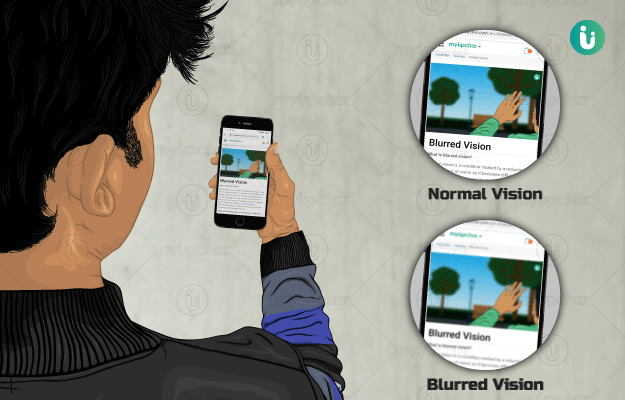Blurred vision is a condition marked by reduced sharpness of vision so it becomes difficult to see things clearly. It may occur in your peripheral vision, your line of sight or in one or both of your eyes. The most common causes of blurred vision are refractive errors of the eye including nearsightedness, and farsightedness. However, it may also occur due to serious underlying conditions.
In addition to weak eyesight, eye infections and eye disorders like cataract and glaucoma, blurred vision may be one of the symptoms of conditions like dehydration, sleep deprivation, computer vision syndrome, fatigue, high blood pressure, migraine, diabetic retinopathy (one of the complications of diabetes in which the blood vessels of the retina dilate and the cells start leaking fluids), heart disease, preeclampsia in pregnant women or even stroke.
Quite apart from the annoyance of not being able to see clearly, blurry vision is a symptom that is common to many diseases. But arming yourself with the right information is the first - and best - step to maintaining good health. In this spirit, we lay down all the possible causes and treatments of blurry vision here.

 Doctors for Blurred vision
Doctors for Blurred vision  OTC Medicines for Blurred vision
OTC Medicines for Blurred vision



















